Indigenous Governance Database
Constitutions
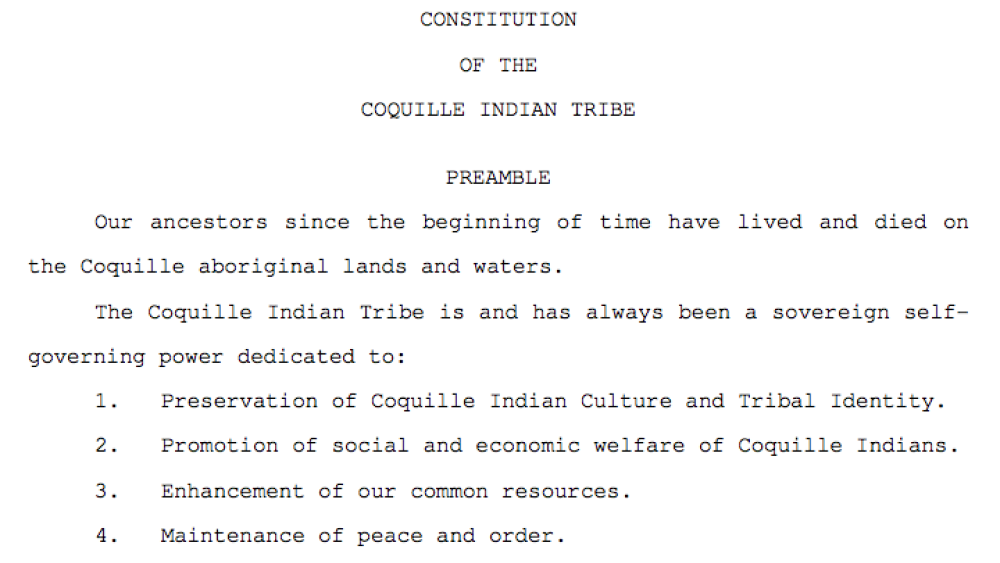
Coquille Indian Tribe: Preamble Excerpt
Preamble: Our ancestors since the beginning of time have lived and died on the Coquille aboriginal lands and waters. The Coquille Indian Tribe is and has always been a sovereign selfgoverning power dedicated to: 1. Preservation of Coquille Indian Culture and Tribal Identity. 2. Promotion of…
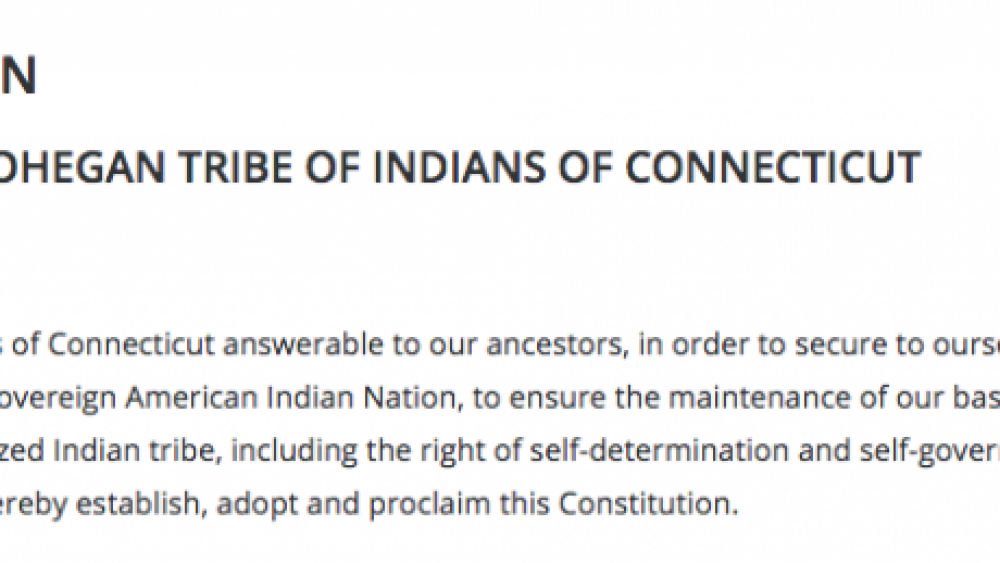
Mohegan Tribe: Preamble Excerpt
Preamble: We, The Mohegan Tribe of Indians of Connecticut answerable to our ancestors, in order to secure to ourselves and our descendants the management of our own affairs as a sovereign American Indian Nation, to ensure the maintenance of our basic human rights, to exercise our sovereign rights…
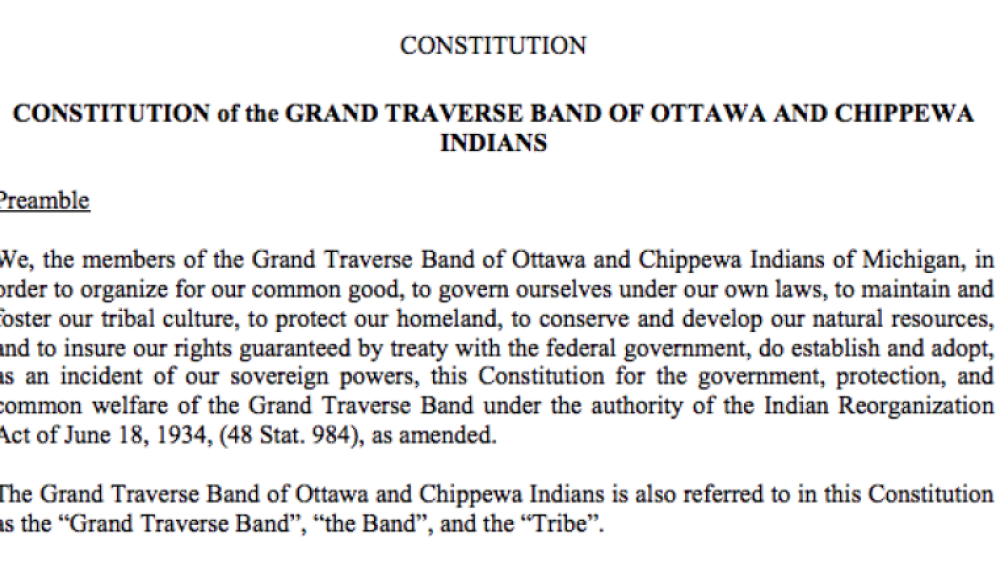
Grand Traverse Band of Ottawa and Chippewa Indians: Preamble Excerpt
Preamble: We, the members of the Grand Traverse Band of Ottawa and Chippewa Indians of Michigan, in order to organize for our common good, to govern ourselves under our own laws, to maintain and foster our tribal culture, to protect our homeland, to conserve and develop our natural resources, and…
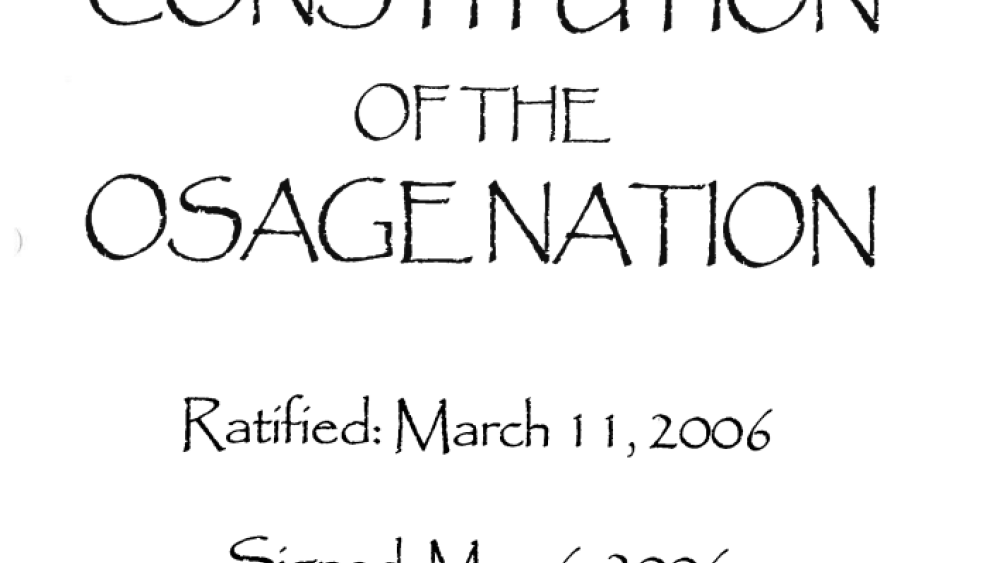
Osage Nation: Preamble Excerpt
Preamble: We the W/\ ZA ZOK (Wah-zha-zhe), known as the Osage People, having formed as Clans in the far distant past, have been a People and as a People have walked this earth and enjoyed the blessings of Wah-kon-tah for more centuries than we truly know. Having resolved to live in harmony, we now…
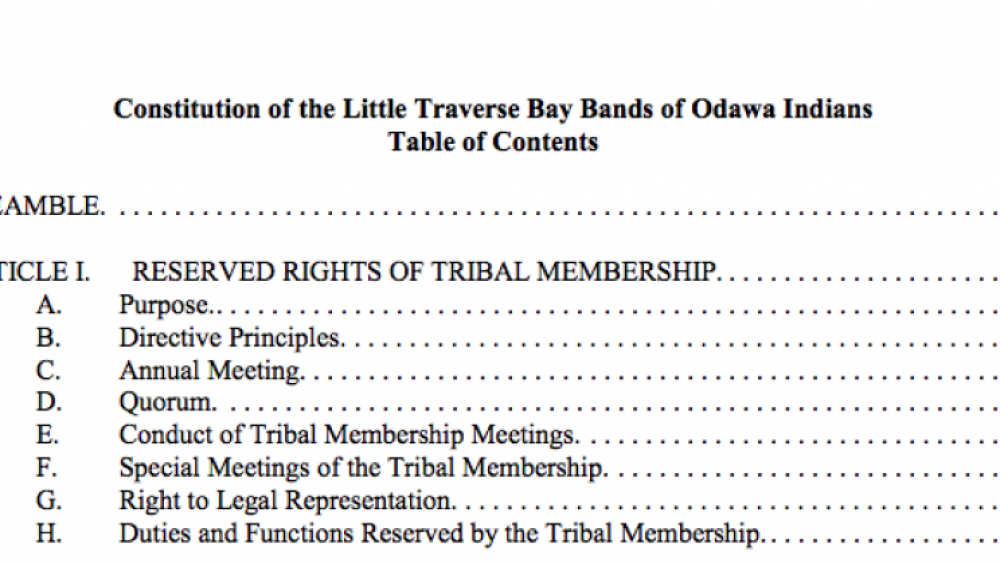
Little Traverse Bay Bands of Odawa Indians: Preamble Excerpt
PREAMBLE IN THE WAYS OF OUR ANCESTORS, to perpetuate our way of life for future generations, we the Little Traverse Bay Bands of Odawa Indians, called in our own language the WAGANAKISING ODAWAK, a sovereign, self-governing people who follow the Anishinaabe Traditions, Heritage, and Cultural Values…
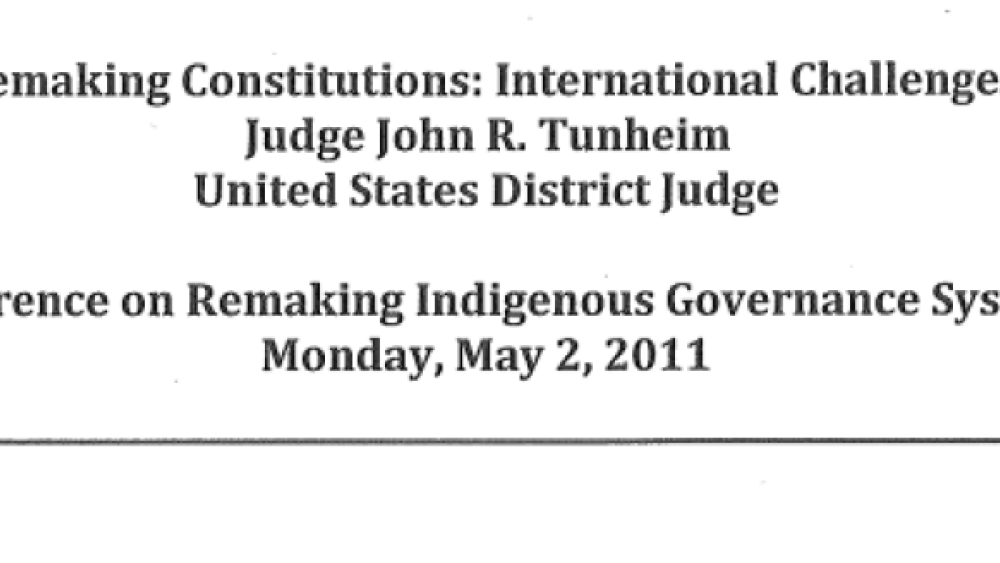
Remaking Constitutions: International Challenges
U.S. District Court Judge John R. Tunheim, whose work in Kosovo helped the United Nations re-establish and improve Kosovo's legal system and ultimately restructure its entire judiciary, discusses his observations as the principal outside advisor to the process that developed the Kosovo Constitution…
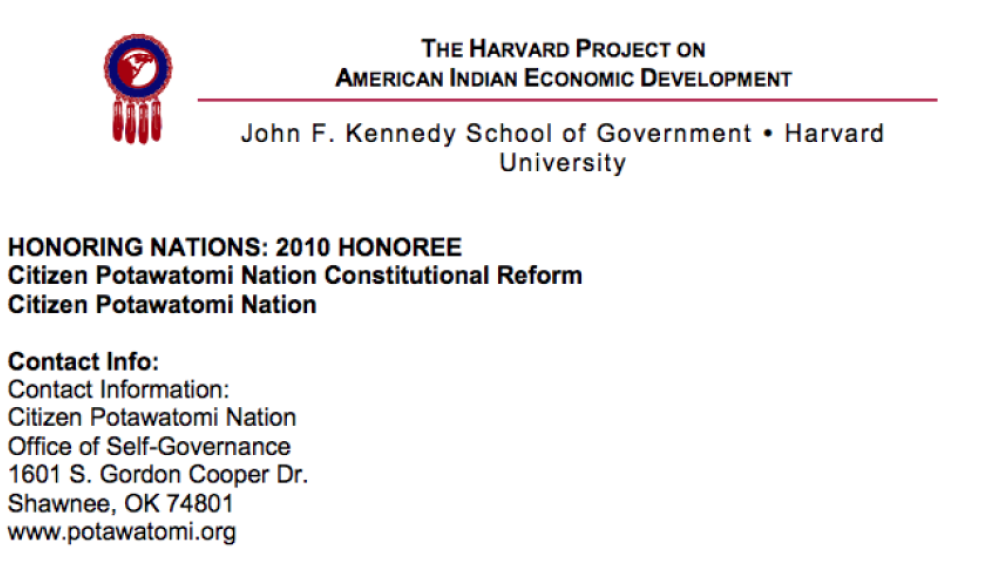
Citizen Potawatomi Nation Constitutional Reform
Tribal governments across the United States work tirelessly to provide their citizens with effective systems of governance. After years of failed assimilation attempts, the federal government imposed blanket political systems upon almost all tribes regardless of those systems’ effectiveness or…
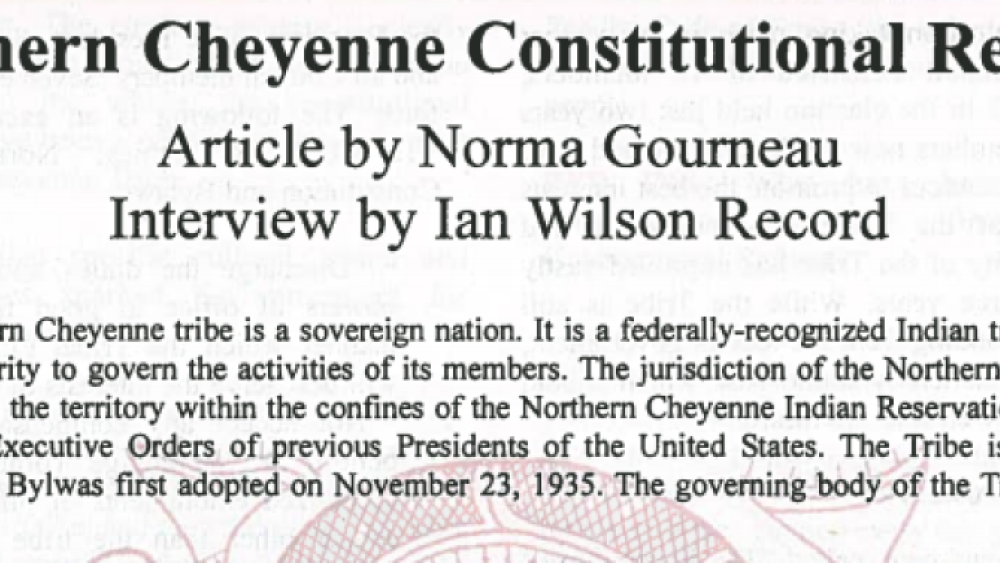
Northern Cheyenne Constitutional Reform
The Northern Cheyenne Tribe is a sovereign nation. It is a federally-recognized Indian tribe with powers and authority to govern the activities of its members. The Tribe is governed by a Constitution and Bylaws first adopted on November 23, 1935. In the early 1990s, in order to meet the demands of…
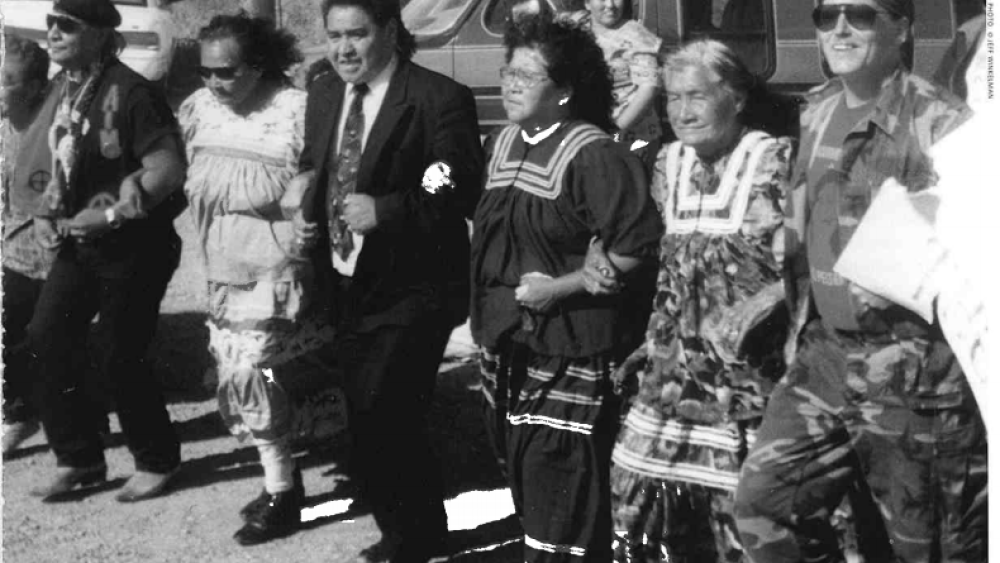
Broken Government: Constitutional Inadequacy Spawns Conflict at San Carlos
This article, published in 1999, examined the governmental conflict taking place at the San Carlos Apache Tribe. It explored the historical constitutional roots of the conflict, specifically the ineffectiveness and culturally inappropriate Indian Reorganization constitution and system of government…
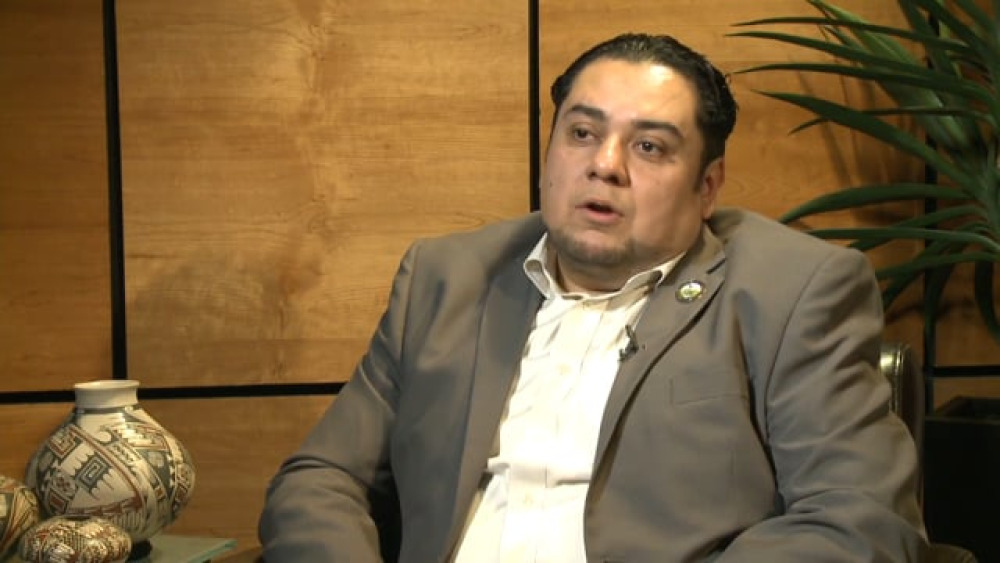
Rudy Ortega, Jr.: Asserting Sovereignty and Self-Governance
Rudy Ortega, Jr., then Vice President and citizen of the Fernandeño Tataviam Band of Mission Indians, shares his experiences leading his community and engaging in Fernandeño Tataviam self-governance in spite of his nation not yet being a state or federally recognized tribal government. Vice…
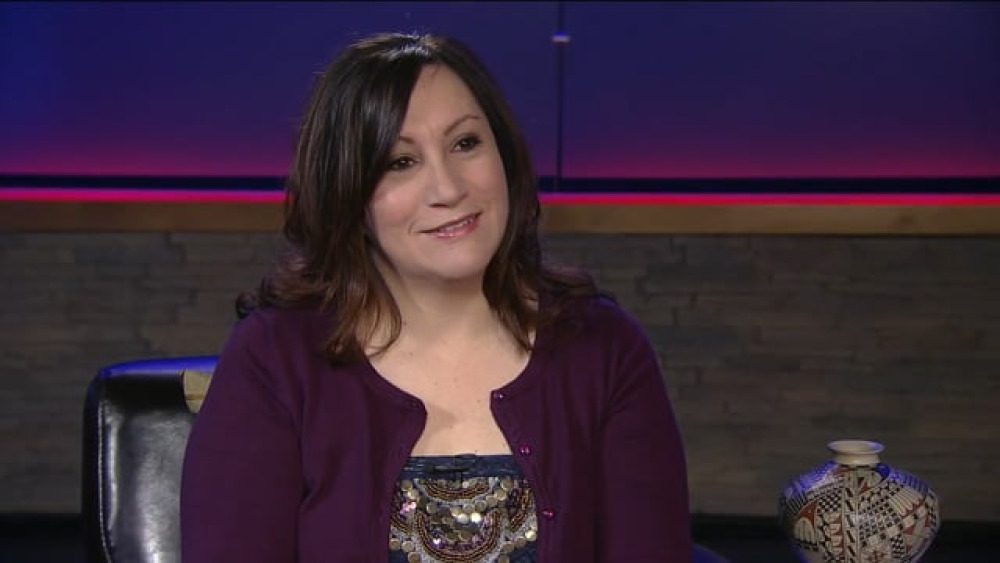
Eileen Briggs: The Importance of Data and Community Engagement
Eileen Briggs is a citizen of the Cheyenne River Sioux Tribe and is the Executive Director of Cheyenne River Sioux Tribal Ventures. She is also the Principal Investigator on "Cheyenne River Voices Research" — a reservation-wide research project including a household survey of over 800 families that…
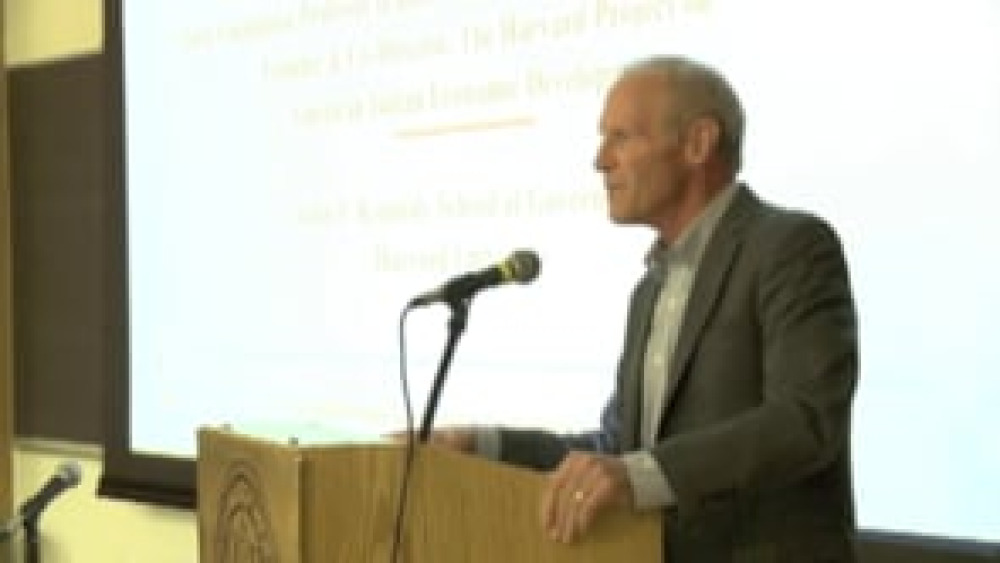
Good Native Governance: Lunchtime Keynote Address
UCLA School of Law "Good Native Governance" conference lunchtime keynote speaker, Joseph P. Kalt discusses research in the areas of good Native governance. This video resource is featured on the Indigenous Governance Database with the permission of the UCLA American Indian Studies Center.
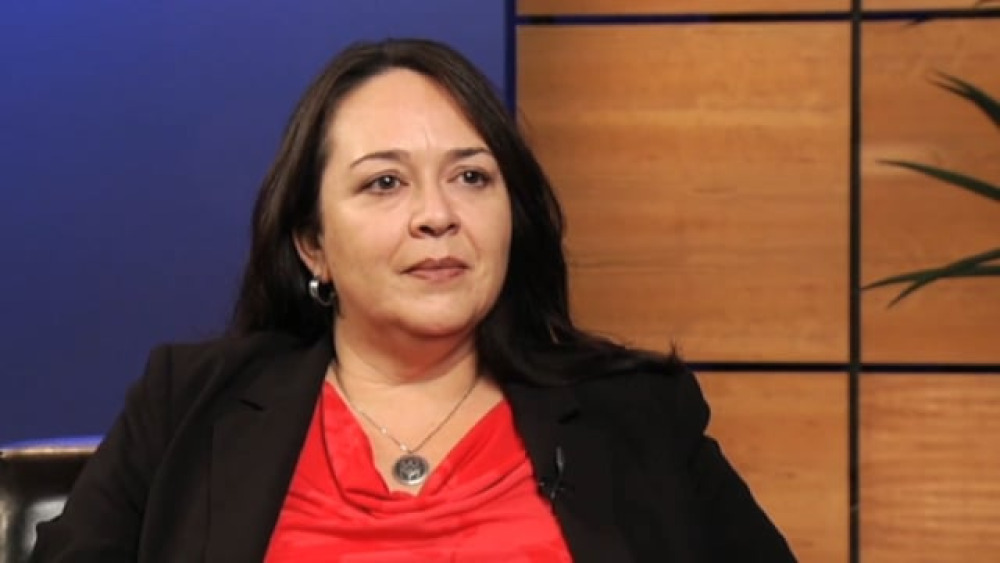
Devon Lomayesva: Making Constitution Reform and Tribal Law Work
Devon Lomayesva, a citizen of the Iipay Nation of Santa Ysabel in California, offers her perspectives on asserting tribal law in a P.L. 280 state. The Iipay Nation of Santa Ysabel underwent a constitutional reform process, and Devon shares her experiences with and perspectives of that process. Her…
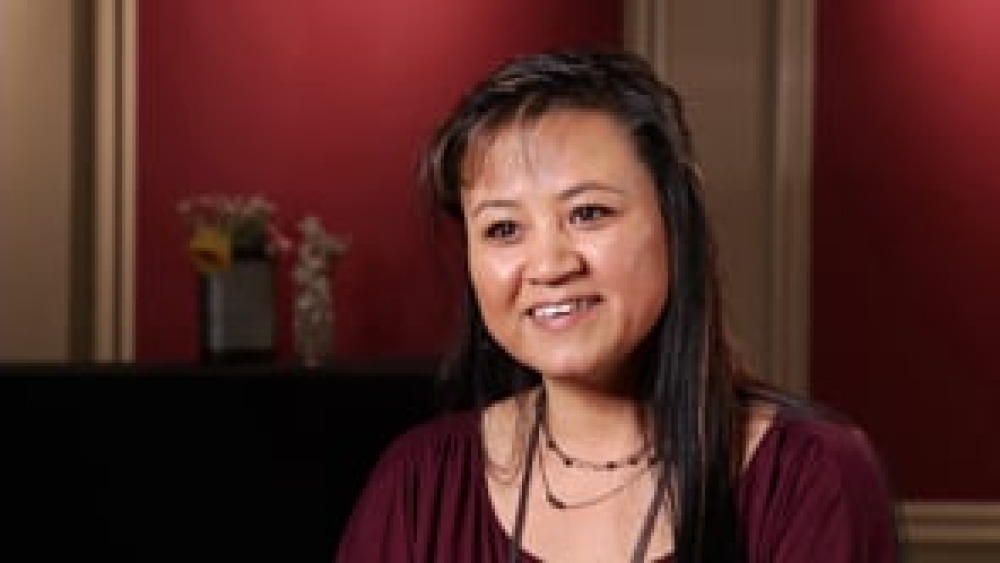
Jennifer Porter: Cultural Match Through Constitutional Reform at Kootenai
In this informative interview with NNI's Ian Record, Vice-Chairwoman Jennifer Porter of the Kootenai Tribe of Idaho explains what prompted her nation to enact several amendments to its constitution in the mid-1990s, and how its ability to govern effectively has been greatly enhanced by its decision…
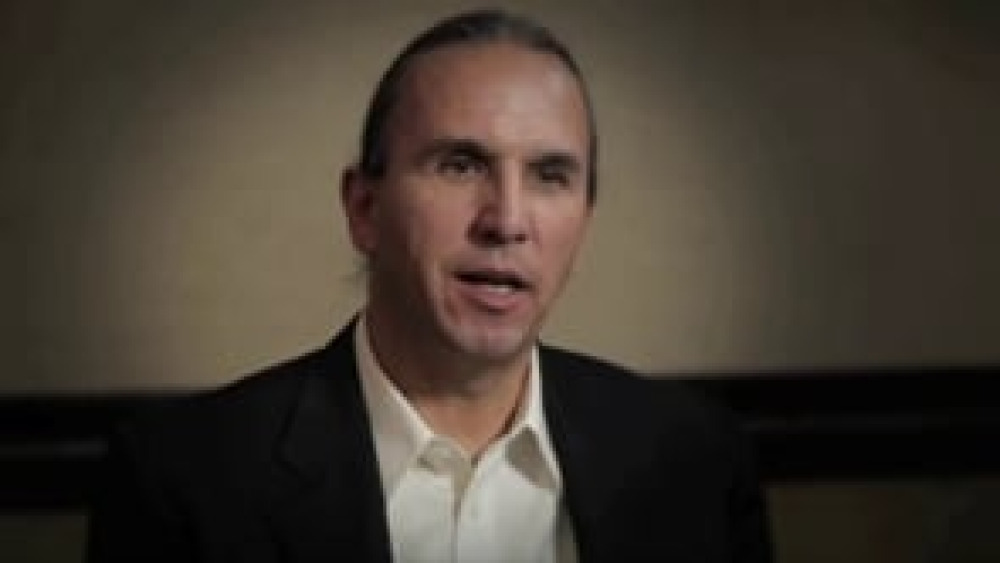
Terry Janis: The White Earth Nation Constitutional Reform Process
In this lively and far-reaching discussion with NNI's Ian Record, Terry Janis (Oglala Lakota), former project manager of the White Earth Nation Constitution Reform Project, provides an overview of the citizen education and engagement campaign that preceded White Earth's historic vote to ratify a…
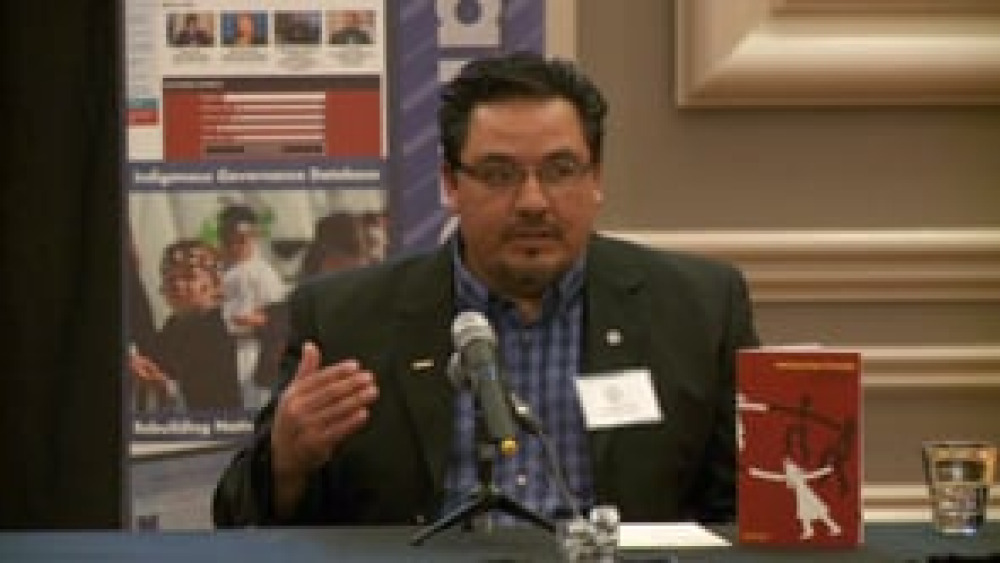
Carlos Hisa and Esequiel (Zeke) Garcia: Ysleta del Sur Pueblo: Redefining Citizenship (Q&A)
Carlos Hisa and Zeke Garcia from Ysleta del Sur Pueblo (YDSP) field questions about YDSP's current community-based effort to redefine its criteria for citizenship, and they provide additional detail about the great lengths to which YDSP has gone in order to document the origins and history of their…
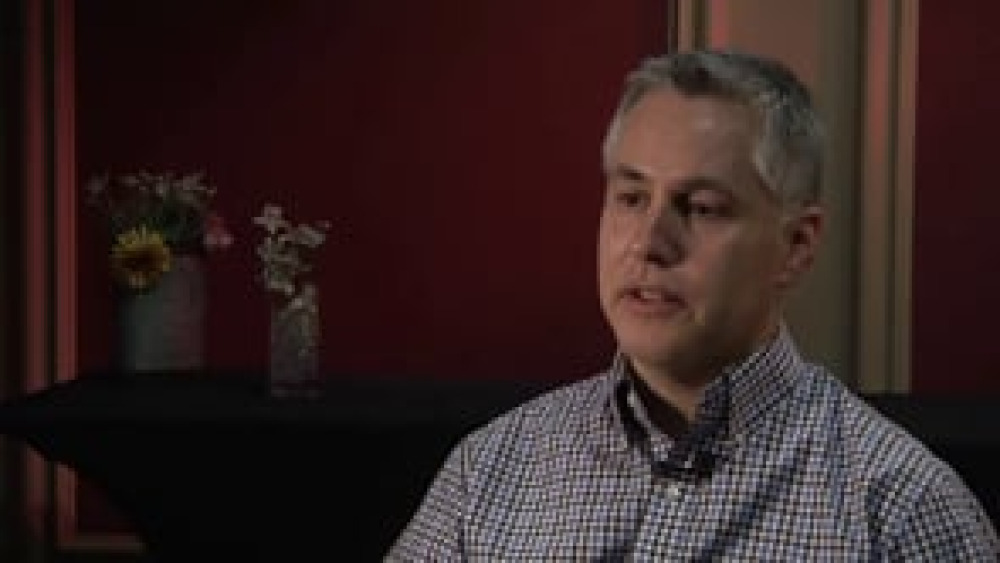
John Borrows: Revitalizing Indigenous Constitutionalism in the 21st Century
In this thoughtful conversation with NNI's Ian Record, scholar John Borrows (Anishinaabe) discusses Indigenous constitutionalism in its most fundamental sense, and provides some critical food for thought to Native nations who are wrestling with constitutional development and change in the 21st…
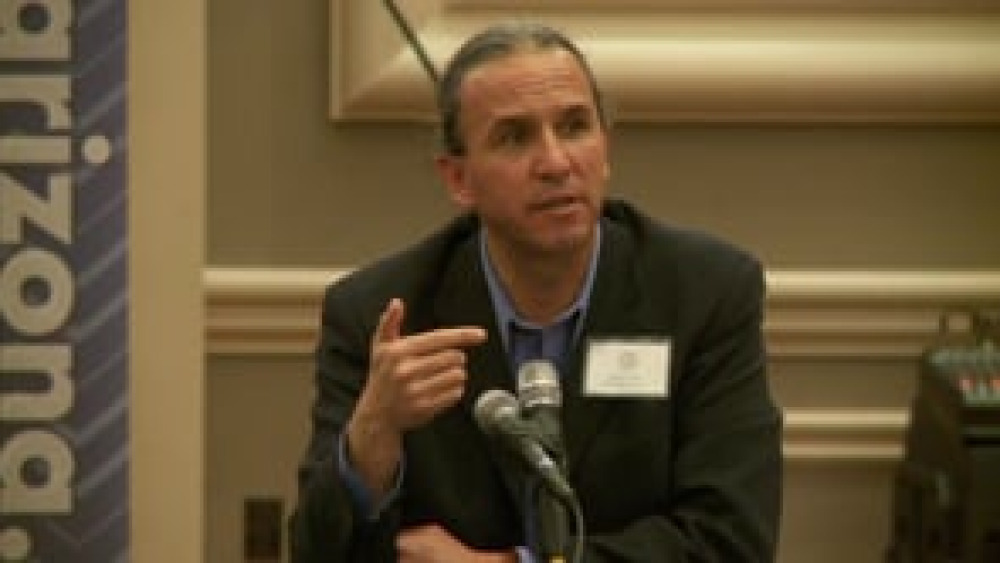
Terry Janis: Citizen Engagement and Constitutional Change at the White Earth Nation (Q&A)
Terry Janis, former Project Manager for the White Earth Constitution Reform Project, fields questions from the audience about his specific role in White Earth's constitutional reform process. He stresses the need for those engaging in constitutional reform to be cognizant of the fact that a process…
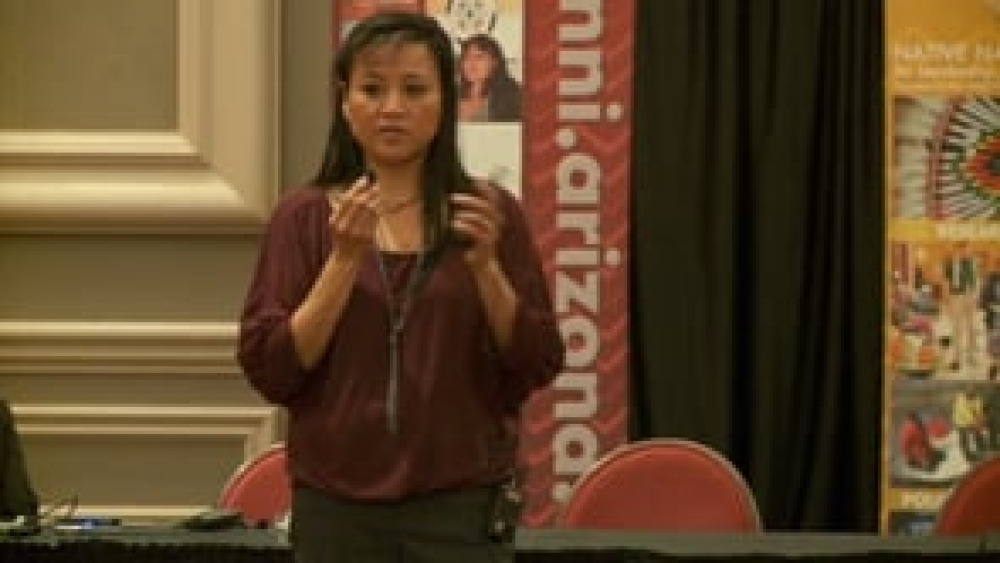
Jennifer Porter: The Kootenai Tribe: Strengthening the People's Voice in Government Through Constitutional Change
Jennifer Porter, former chairwoman and current vice-chairwoman of the Kootenai Tribe of Idaho, discusses how her nation moved to amend it constitution to change its basis of political representation, how the U.S. Secretary of Interior and the Bureau of Indian Affairs (BIA) tried to block the move,…
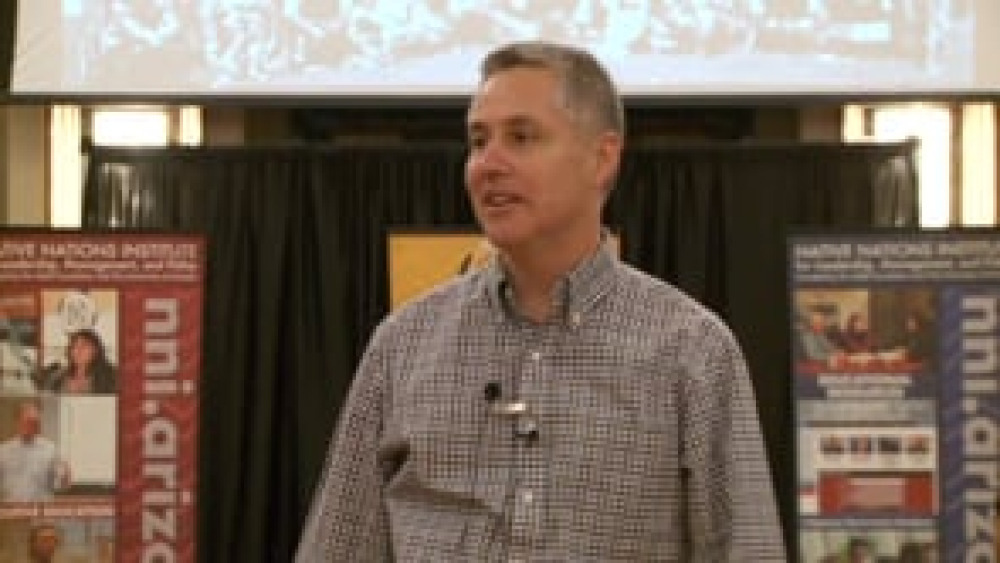
John Borrows: Who Are We and How Do We Know?
University of Minnesota Law Professor John Borrows (Anishinaabe) discusses how the Anishinaabe traditionally defined and practiced notions of social identity and belonging, and how those definitions and practices were rooted in relationships: relationships between those deemed to be part of the…
